PM’s time torn between backing voice and tackling cost of living
With Anthony Albanese’s credibility tied to the Indigenous voice referendum’s success, it’s no wonder he is grumpy.
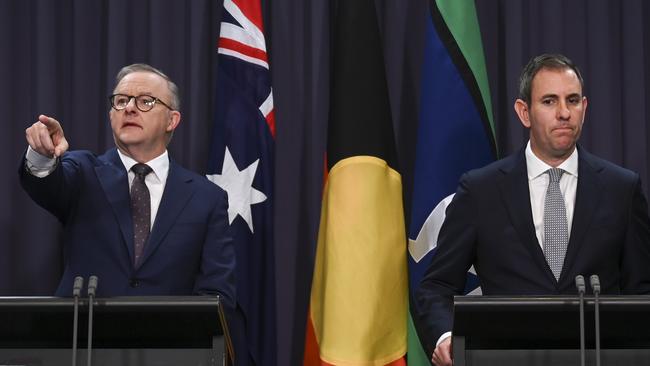
This week in parliament the political debate and divide over the voice to parliament moved into a new phase and a higher plane that is now encompassing far more than just the proposed referendum words on recognition and whether they pass into the Constitution.
The Prime Minister’s own political judgment and credibility, as well as the Labor government’s public support and ability to address the crushing pressure on families of rising food, fuel, power and housing costs, increasingly are being tied to the success or failure of the voice referendum.
This is a pivotal point in the political progress of the Albanese government and crucial to how the public perceives and judges it on its economic performance, trustworthiness and competence. A political crossover is occurring and goes well beyond a superficial link with a treaty.
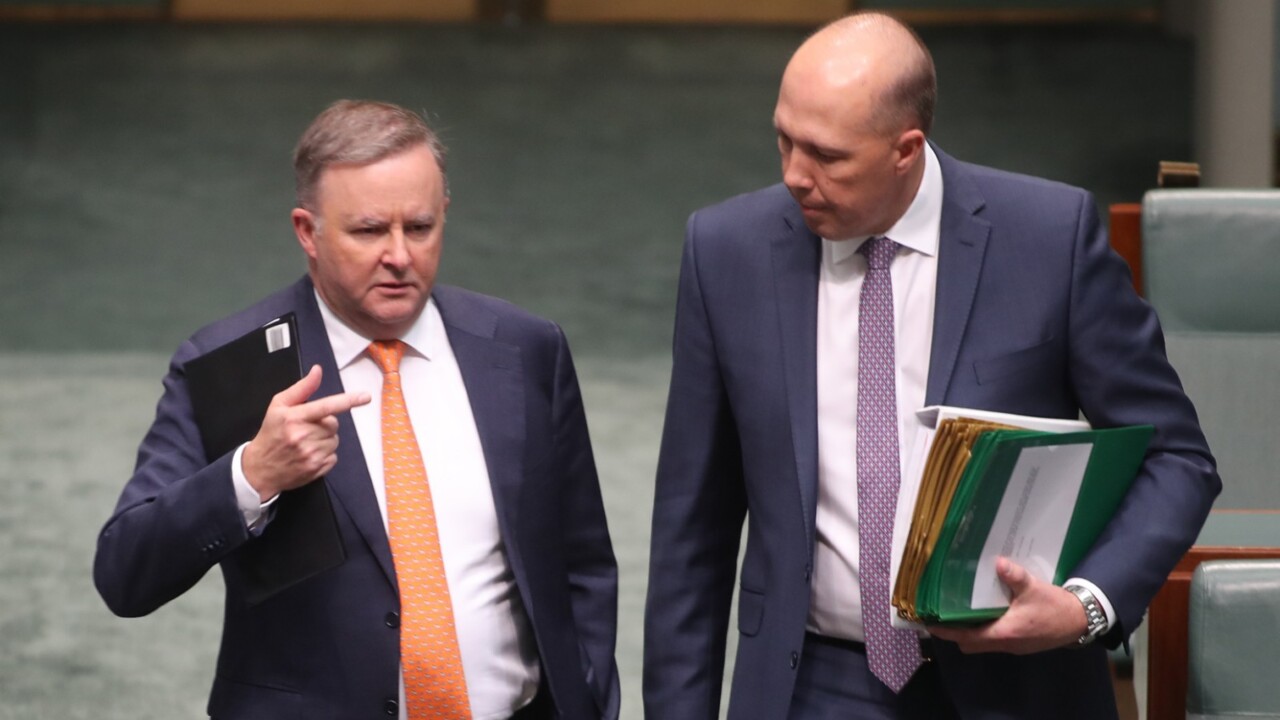
As support for the voice has fallen, Albanese’s frustration and tetchiness, particularly with Peter Dutton and the media, have risen proportionately.
Albanese is in a diabolical position where he can’t let the voice referendum ultimately fail because he will be blamed for making the wrong political and strategic calls, but neither can he be seen to be spending too much time and effort on an issue that lags well behind the issue of cost of living.
With an already conflicted position over what the government can concede will be acceptable outcomes from a successful voice referendum and the more extreme demands Indigenous leaders are making, Albanese now has to divide himself between competing priorities.
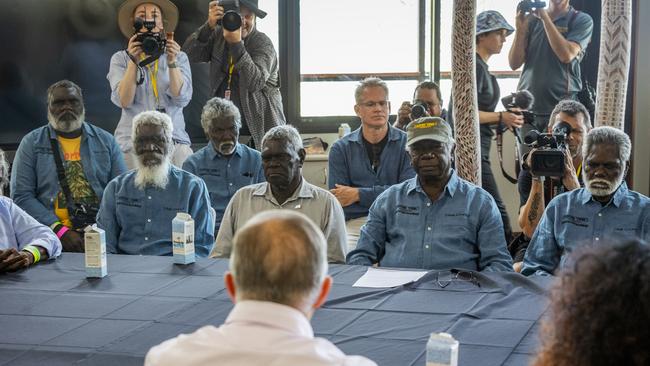
Part of Labor’s campaign strategy to revive flagging support for the referendum is to move away from the parliamentary arena, where it is performing poorly, and to promote person-to-person contacts, conversations at social groups, neighbourhood chats and family discussions around the kitchen table. But the biggest problem for Albanese and the Yes campaign, which is recognised by all involved in the referendum process, is that families are more concerned with what is going on to the kitchen tables than what is said around them.
Albanese and Jim Chalmers can’t be held responsible for economic circumstances and global threats beyond their control.
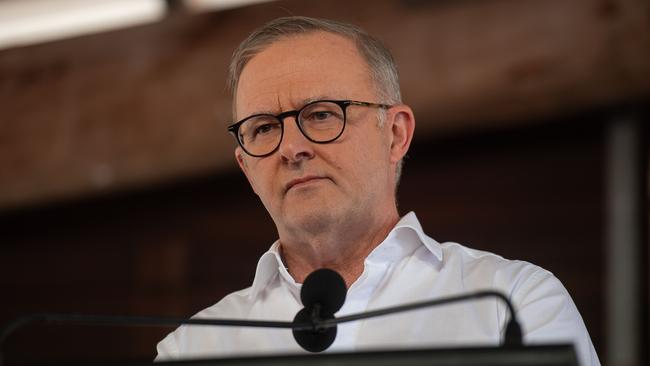
Yet the Prime Minister is responsible for the entire political strategy of the voice referendum, from its election-night priority revelation last year, and its lack of detail and transparency, to the reliance on a short, sharp (but huge) advertising campaign that has to regain a lost lead.
And the Treasurer is responsible for the task of delivering not only tangible cost-of-living relief for families facing crises but also in such a way that the public recognises it and gives the government credit.
Being unable to say how budget allocations of $5.8m for the “truth-telling and treaty” Makarrata commission, including $900,000 already spent, were being used didn’t help Chalmers’ cause as he spruiked the relief for welfare recipients.
That Chalmers was drawn into the voice debate – positively by the government to have a reliable face offering practical outcomes and negatively by the Opposition Leader to explain budget expenditure – is evidence of the metamorphosis of the referendum issue into a broad political test for Labor beyond the voice and even beyond the complicating extension to controversial treaty.
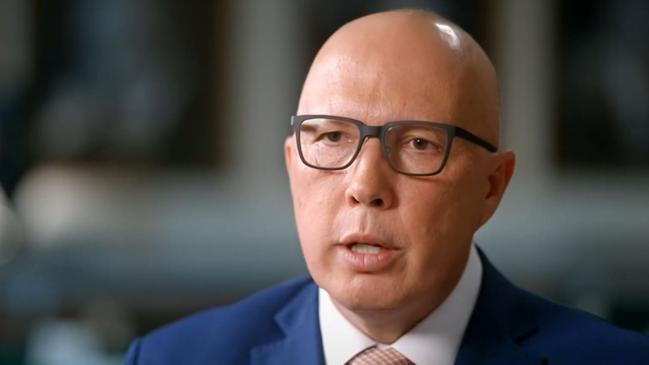
Dutton moved this week to cap his long campaign of demanding answers to questions the government has been unable or unwilling to answer about how the voice will work, what the purpose of the Makarrata commission will be and whether there will be a federal treaty with Indigenous Australians, with a shift to the credibility, competence and delivery across the board.
In parliament he accused Albanese of “splitting the country down the middle” and even losing the support of a third of Labor voters over the voice referendum.
“No prime minister in good conscience would preside over such a project unless he was seeking political advantage or unless he was out of his depth,” Dutton said. “Australian families at the moment are paying more for their electricity bills, paying more at the grocery checkout, paying more for their insurance, paying more for their mortgages because of this incompetent government.
“The incompetence is not just demonstrated in terms of the Prime Minister’s management around the voice, it is in every aspect of government delivery at the moment. That is what the Australian public is experiencing.
“I will tell you, when you walk the streets, talk to people across the country, that is why they are saying they are not better off today than when Labor was elected. The Australian public knows this Prime Minister is taking us down a cul-de-sac. The problem is not with the Australian public … the Australian public is not hardhearted, the people aren’t saying they are voting No because they don’t want to support Indigenous Australians, they will vote No because they know this Prime Minister is wilfully withholding detail from them.”
Dutton accused Albanese of “breaking trust with the Australian people” and said “they have worked out this bloke is a phony and a fraud. and running an incompetent government”.
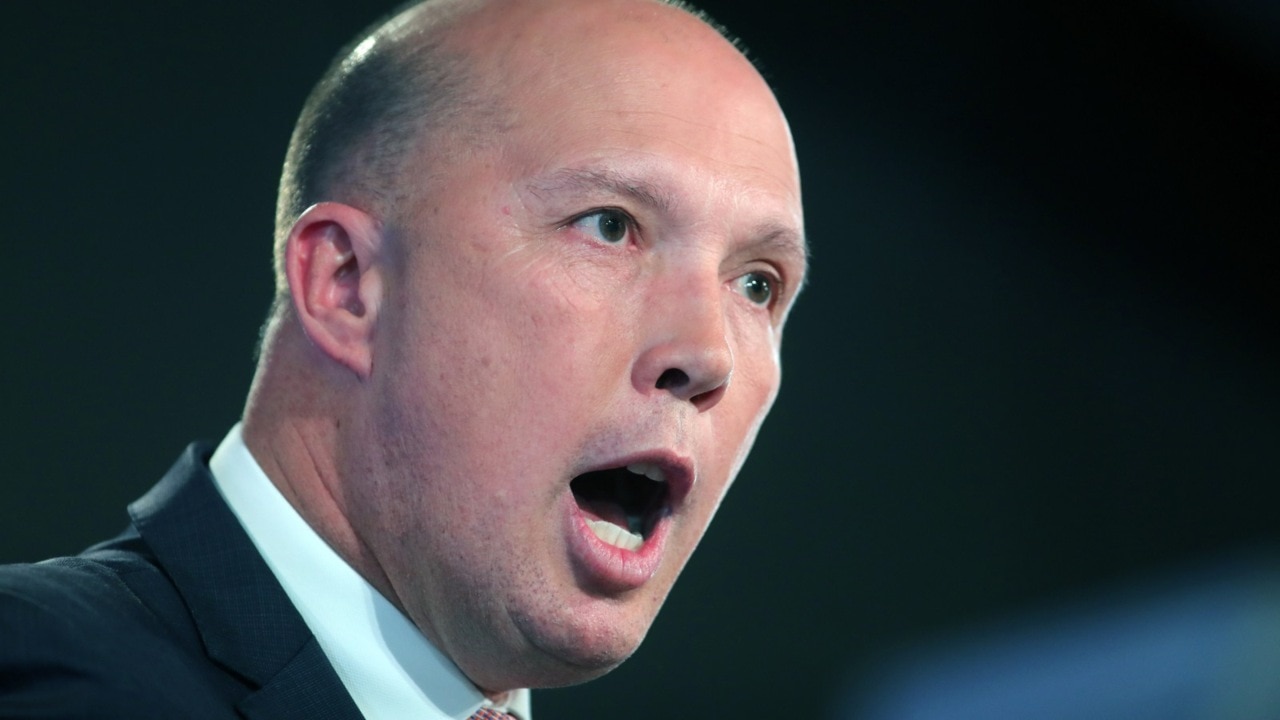
Albanese’s response to Dutton’s attack and linking of the failing support for the voice to parliament to his leadership and Labor’s wider performance was to reinforce criticism of Dutton’s behaviour on Indigenous affairs, particularly a refusal to join the apology to the Stolen Generations, and to accuse him of cynically taking political advantage through undermining the “most disadvantaged Australians”.
There was even an ironic reference to the Coalition starting the week concentrating on the cost of living but deciding to “stick with dividing” and questioning the voice.
Albanese stuck to the voice referendum, accusing Dutton of contradicting himself over support for a legislated voice to parliament and opposition to a constitutional voice and did not venture into the broader economic issues.
“You cannot say it will change the entire system of government and then say you will legislate voice. Because that is what they are saying. You cannot say it will promote racial division and then say you will legislate for the voice. Cannot say it will make a positive difference but then say you will legislate for the voice,” he said.
“This Leader of the Opposition seeks political advantage rather than trying to come together.”
There is much more to come during the months ahead but the politics and consequences have changed.



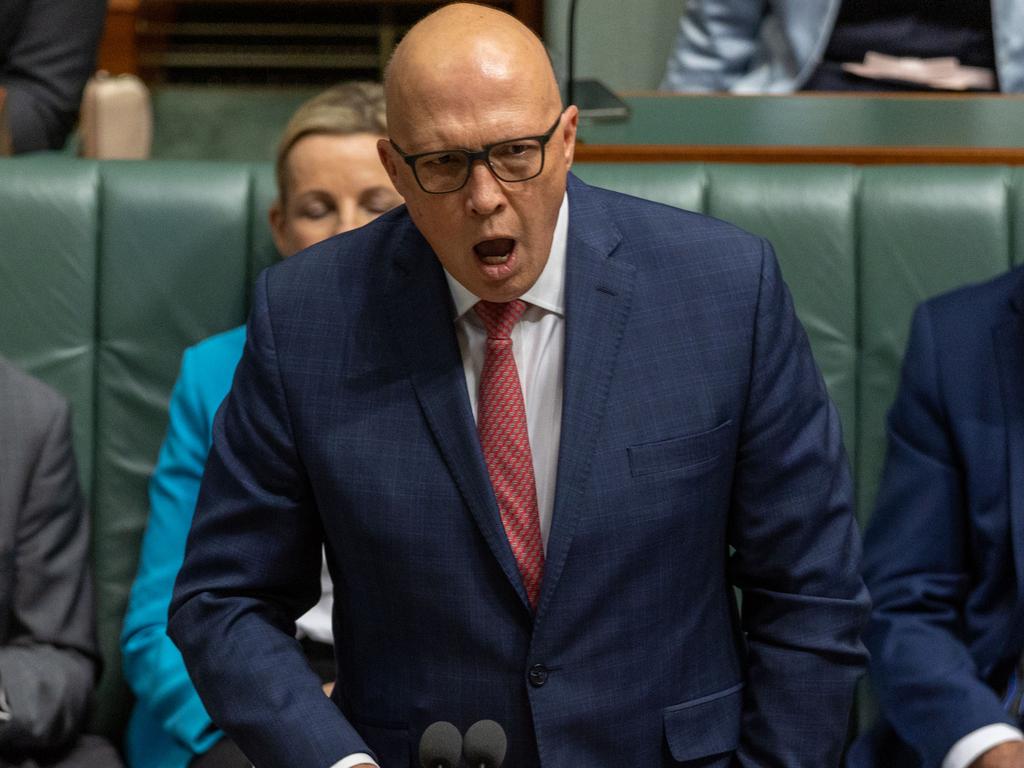

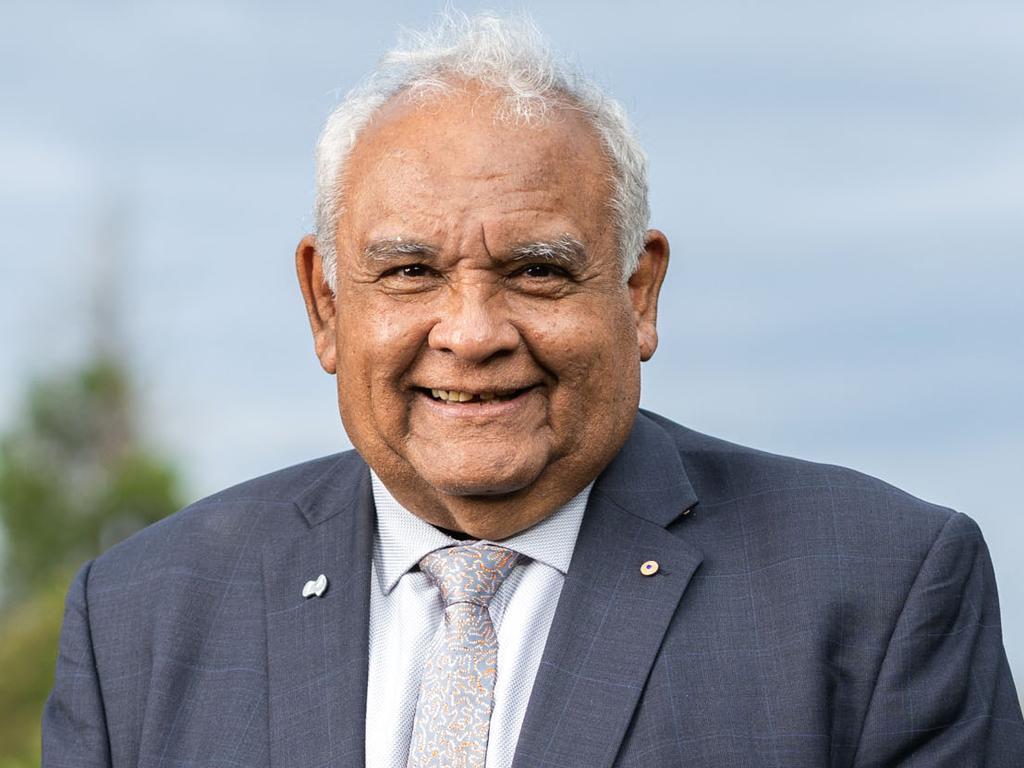
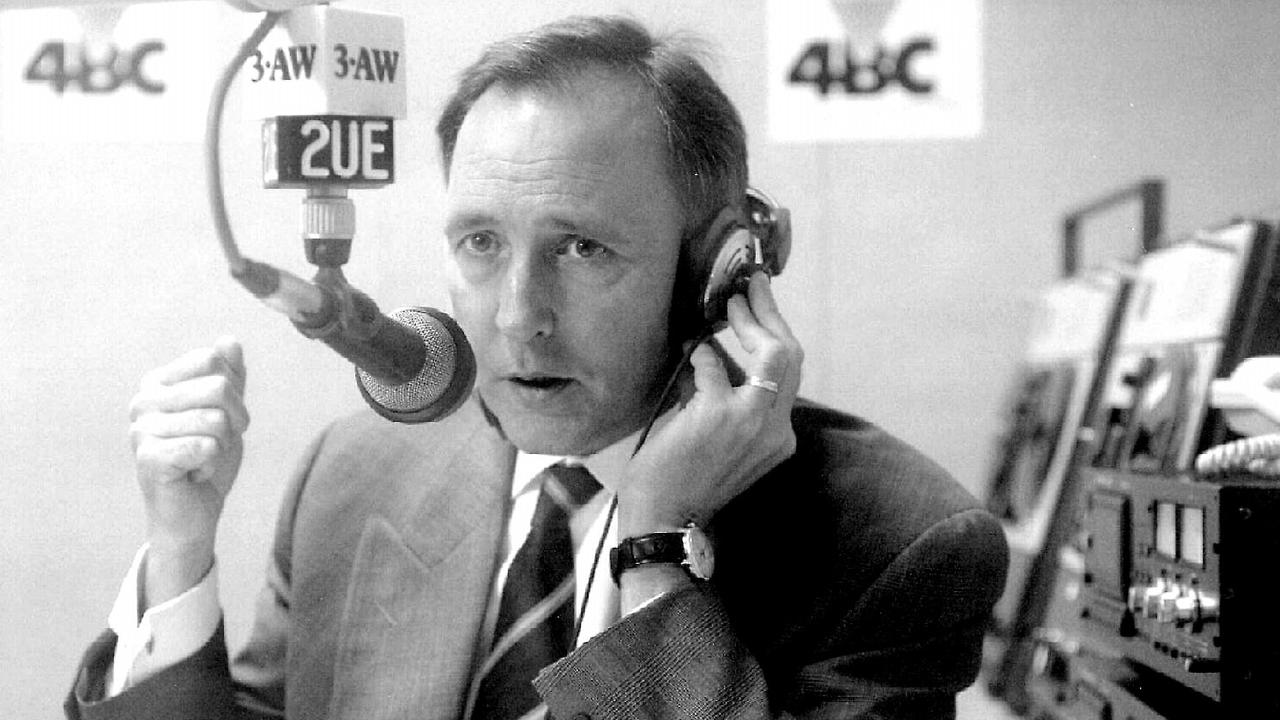
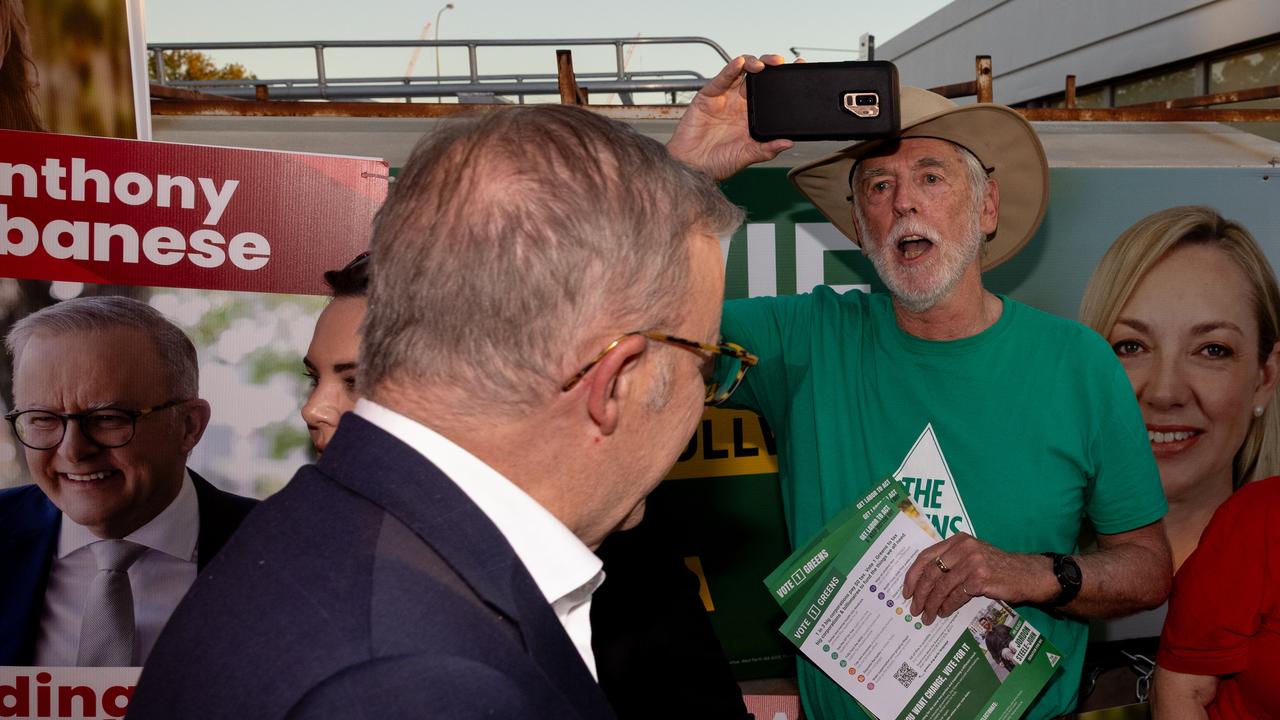
Anthony Albanese is grumpy and he has good reason to be: the Yes campaign for the Indigenous voice to parliament is losing direction; support for the referendum has fallen by more than 30 percentage points as it’s mired in treaty talk; the public is far more interested and concerned about the cost of living; and ebbing voice support is leaching away Labor’s own standing and credibility.